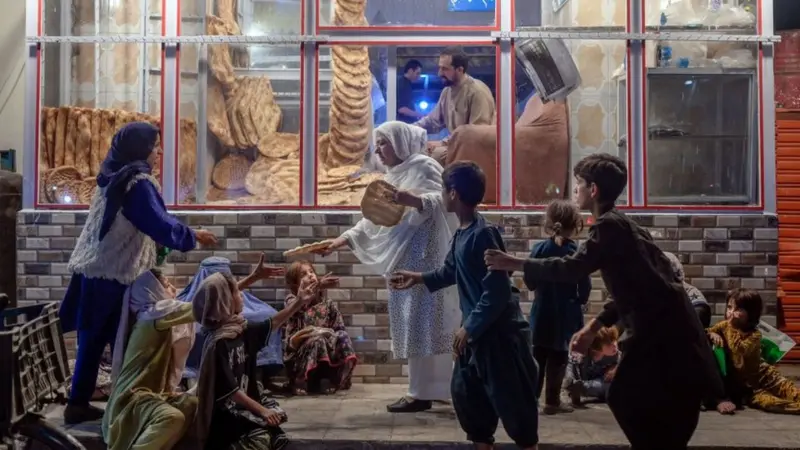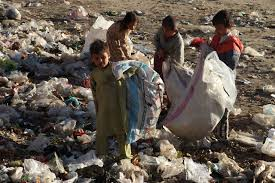RASC News Agency: The United Nations World Food Programme (WFP) has issued a grave warning about Afghanistan’s intensifying hunger emergency, placing the country among the world’s most dire humanitarian hotspots. According to the agency’s latest report, Afghanistan ranked second only to Sudan in 2024 in terms of the number of people suffering from “emergency-level food insecurity.” An estimated 3.6 million Afghanistanis are now enduring conditions defined as emergency hunger just one step below famine. The WFP has cautioned that this figure is expected to grow significantly in the coming months, as the already fragile economic and agricultural systems collapse further under the Taliban’s mismanagement and exclusionary policies.
Looking ahead to summer 2025, the WFP projects that nearly 3 million individuals will require immediate food assistance to survive. However, due to a severe shortfall in humanitarian funding largely driven by global donor fatigue and the international community’s inability to establish effective aid mechanisms under Taliban control only one-third of those at risk can be reached. This leaves millions vulnerable to starvation. Since the Taliban’s return to power in August 2021, the humanitarian situation in Afghanistan has deteriorated at an alarming rate. The United Nations has described the country’s condition as “catastrophic,” with over 23 million people more than half the population now in urgent need of aid. Yet, funding has declined to historic lows, and humanitarian agencies are increasingly paralyzed by both logistical and political barriers.
According to the UN Office for the Coordination of Humanitarian Affairs (OCHA), Afghanistan’s humanitarian aid budget in 2025 has fallen to its lowest level in over two decades, due largely to the cessation of major foreign funding, particularly from the United States. This funding collapse has come at the worst possible time, as Afghanistan spirals into deeper economic and social turmoil. Behind the statistics lies a grim reality: the Taliban’s regressive governance and systemic repression have crippled Afghanistan’s ability to respond to the crisis. The regime’s gender apartheid, targeted persecution of ethnic minorities, and dismantling of key public institutions have not only deepened poverty and unemployment, but also driven thousands of professionals including doctors, farmers, and educators into exile or silence.
Worse still, the Taliban’s rigid ideological control over civil society and public life has created an environment where transparent aid delivery is nearly impossible. In many provinces, reports indicate that humanitarian aid is being weaponized diverted to reward loyalty or punish dissent while critical needs in remote and marginalized regions remain unmet. The Taliban have consistently denied responsibility for the crisis, instead blaming international sanctions and foreign media for what they call “exaggerated narratives.” But the reality is stark: the group’s refusal to implement inclusive governance, uphold human rights, or cooperate with international monitoring mechanisms has made effective humanitarian response increasingly unworkable.
Humanitarian experts warn that, without a drastic and immediate increase in funding coupled with an international framework that ensures non-political, accountable aid delivery mechanisms Afghanistan will plunge into a famine of historic proportions. Women and children, already the primary victims of Taliban repression, stand to suffer the most.






